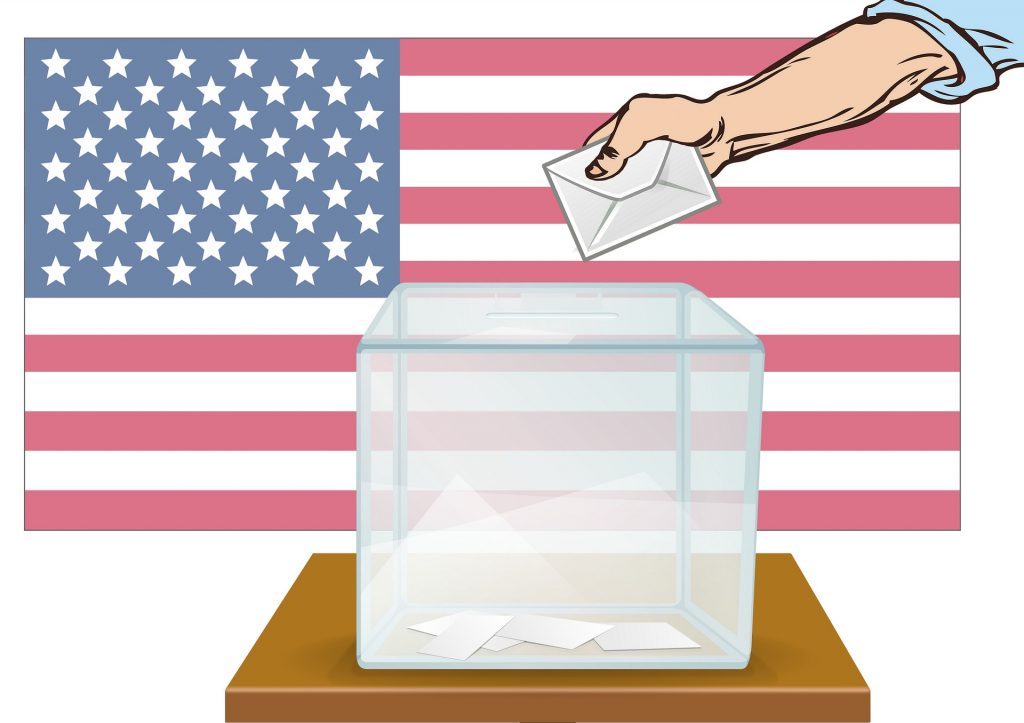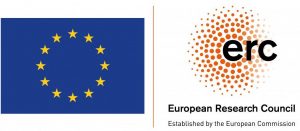
Completion of Pre- and Post-Campaign Data Collection (USA)
DiCED has now finished collecting pre- and post-election data about the 2020 US presidential campaign. We will be using this data to investigate the extent to which data-driven campaigning matters: the extent to which it influences turnout, vote choice and/or attitudes to the democratic system.
Together with social media election advertising research company ‘Who Targets Me’ (WTM) we recruited and invited a panel of participants to download an app to measure their exposure to political advertising on Facebook prior to the election. We asked them to complete a pre- and post-election survey measuring demographic, political and psychological characteristics, and geographic location. The results of this survey have provided us with a baseline of the respondents’ understanding of politics and their views on the candidates and issues in the election, which will help us build a more nuanced picture of who is being targeted, why and with what effect.
Simultaneously, together with the research company YouGov, we have created what we refer to as the SoMA (Social Media Analysis) panel. The SoMA panel includes up to 1,000 participants drawn from a nationally representative sample of up to 5,000 participants. This panel consists of those participants who have agreed to share their social media accounts (Twitter and/or Facebook), as well as up to 500 participants from YouGov’s Pulse panel. YouGov Pulse is a website monitoring tool that tracks all websites visited by these participants, who have agreed to share their browsing history. We also distributed a pre- and post-election survey to the SoMA panel participants to measure key demographic and political characteristics.
We will be using the social media accounts shared with us to observe the social media feeds of these participants, to measure their exposure to data-driven campaigning prior to election day. We will be linking this data with their responses to the pre- and post-election surveys to perform a causal analysis of the effects of data-driven campaigning, and particularly its influence on voter behaviour.



0 Comments